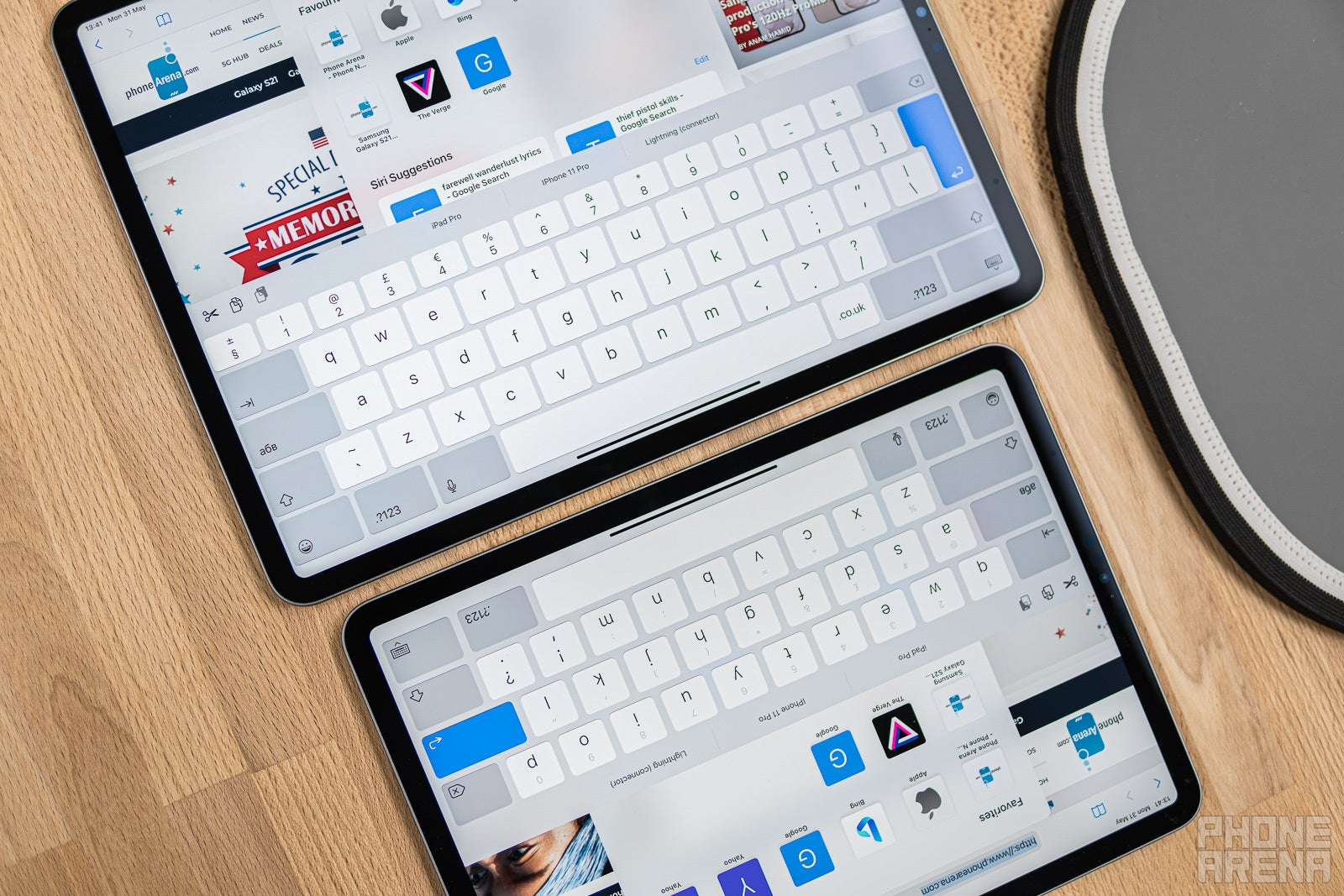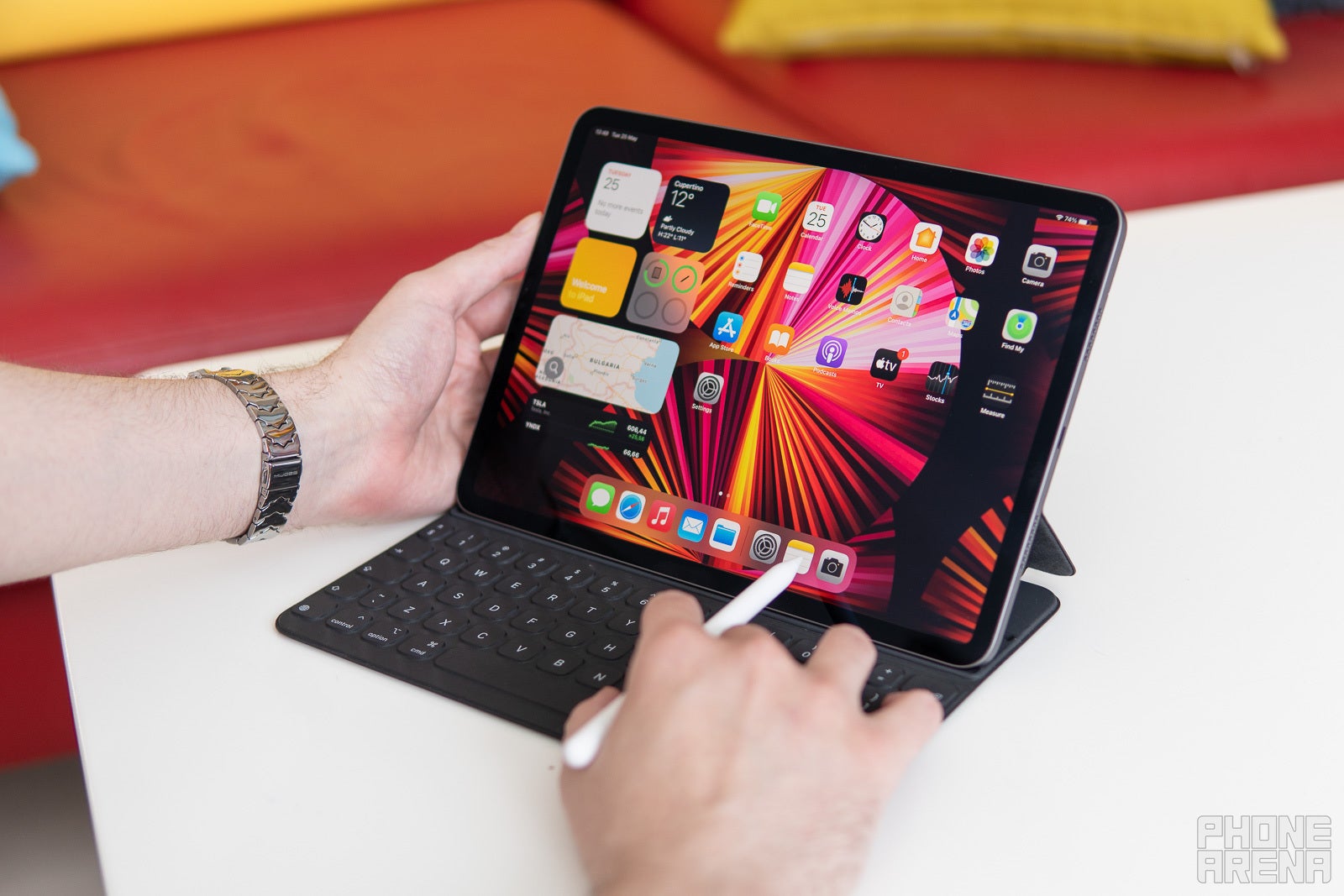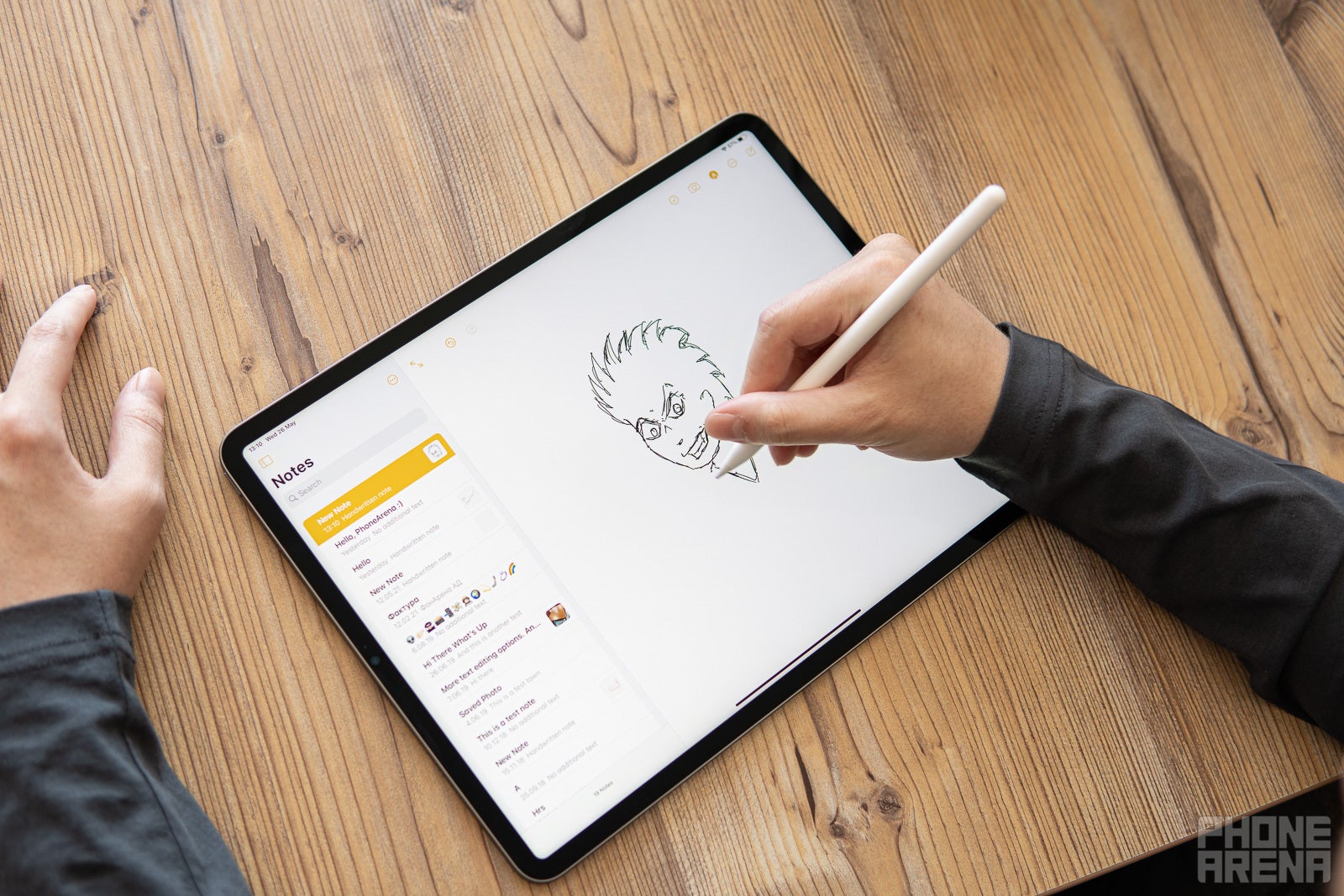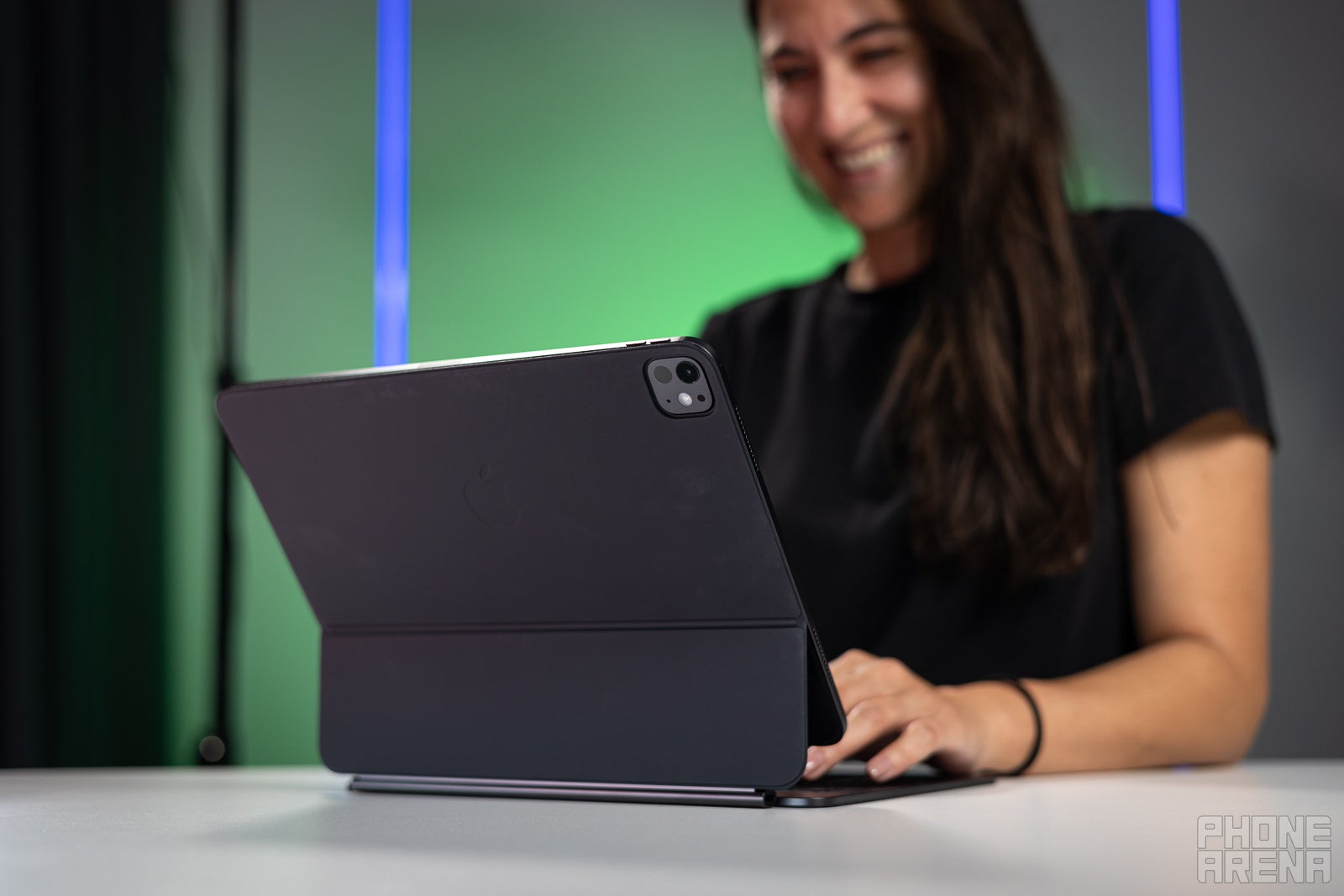Considering that an iPad Pro with all its peripherals costs about the same as a MacBook Pro, it had better be able to do the same tasks with the same efficiency, right?
But iPadOS is still not great at multitasking, the mobile apps for pro work still can’t match the flexibility and ease of use of the desktop (or laptop) apps, and trying to manage files with it it still more awkward and cumbersome.
The iPad will never get macOS


Apple stubbornly refuses to give MacBooks a touchscreen, and the iPad — a Mac-like operating system. Frustrated fans point towards greed, or a “lack of understanding” of what the consumers want.
Well, considering that the MacBooks are among the best-selling laptops, and the iPads are the best-selling tablets, I’m not sure we should chuck that one up to Apple not “getting” the customers.
With these two categories being so popular and doing so well, Apple is in a unique position to try and deliver a different class of device — not a tablet that cannibalizes the laptop space, but a tablet that does its own unique thing.
Now, this is where the hiccup is — admittedly, Cupertino doesn’t seem to know exactly how to turn the iPad into its own thing that’s different from a personal computer. Which is why new updates and new features are so excruciatingly slow to arrive. At least that’s what I believe.
Back in the day when Slide Over and Split View were introduced, I remember that the iPad was already years late to the multi-tasking party. Most recently, we got windowed-apps multi-tasking on iPads, but instead of making it like a “normal” desktop interface, Apple had to invent the Stage Manager spinoff.
And that didn’t fly over too well — Stage Manager in iPadOS 16 was limiting, frustrating, and nausea-inducing, since it was so dead-set on using exact window sizes in exact spots on the screen. Now, with iPadOS 17, it’s much more lax and generally — very usable.
But that whole Stage Manager fiasco, combined with the “What’s a computer?” ad campaign for iPads of old, got me thinking about how Apple looks at the iPad and why it’s never going to get macOS.
Simply put:
The iPad Pro is not for you


OK, I am going to assume that, if you are here, reading this editorial and wondering why the “iPad Pro is so limited”, you are probably a tech-savvy person. You love to push your phones to the brim, maybe launch a benchmark after each update, and you most probably are quite well-acquainted with working on a desktop interface — be it macOS or Windows.
Well… the iPad Pro is not exactly for you. The only value you can get out of an iPad is if you specifically use it as a sidekick device, an assistant, a powerful screen for when you are away from your main screen. And there are definitely use cases to be had there, but it won’t be the spine of your digital work.
So, if it’s not for you — why is it packed with cutting-edge hardware, why does Apple market it as being able to create music, splice videos, and work for photo editing?
Simple — there’s a subset of people, professionals in different fields, that don’t really know how to use a computer. Over the last 17 years, smartphones have permeated everything — they have brought the Internet to the hands of the people, they have made businesses dependent on having a digital presence, and they have made creating media, websites, and promotions extremely simple.
I know such people — young, successful, intelligent. They have a business, and they create TikToks, Reels, photo posts, ads, and other content to keep their services on the mind of their customers — all from their phones. It’s just that their work and lifestyle is more physical, or in the service space — they haven’t spent much time behind a keyboard in their life.
Now, imagine if one such person decides to upgrade from working on a smartphone — double-thumbing that small screen and squinting to trim the timeline of a clip just right gets old at some point. “It’s time to upgrade to a computer” that person might think.
Learn Windows? Learn macOS? What a daunting thought for someone who has way too much to do in a day.
Oh, but what’s an iPad? Well… it’s kind of like a computer, but it looks, acts, and works much more like a smartphone. “I can do that!”
The iPad Pro is a computer lite


So, once that thought dawned on me, it kind of clicked into place — this is why Apple stubbornly insists on having the iPad feel like a phone, with all the limitations that might entail. No taskbars, no multi-windows (unless with an external monitor), no need to dig into the file system, no need to look for apps outside the App Store.To a seasoned PC or Mac user, that sounds like a headache and a half. To someone who’s afraid to learn yet another tech gadget, but wants a bigger working space — it might sound much more familiar and inviting.
Like the photographer that wants to spend more time with their camera and less time on a keyboard — the idea of being able to edit their photos on what is essentially a “floating screen” is quite appealing. Or the artist that wants to draw on something that’s not a Wacom tablet paired to a laptop.
Now, the argument that the iPad Pro may be way overpriced for what it offers is still legitimate here. The fact that the Air doesn’t have a 120 Hz refresh rate is pretty hard to swallow. The prices of the Magic Keyboard and the Apple Pencil send your iPad investment over the moon. Yes, Apple’s pricing strategy is way out there… But, apparently, it works.
Is this the iPad Pro’s final form?


If I had to guess, I’d say — no. But, again, Apple is excruciatingly slow at implementing new stuff. Trying to add new features without stepping on the toes of the MacBook, yet enhancing the UI of the iPad and keeping it in its own “productive tablet” category.
I wouldn’t dare assume what else is coming — the way that iPadOS implemented a mouse pointer is silly at first, yet so “mobile”. The Stage Manager basically surprised all of us — who sits down to reinvent the floating window multi-tasking, right?
So, with that in mind… iPadOS will evolve further, but I’ve got no idea what’s coming. Definitely not macOS, though.
#iPad #macOS


